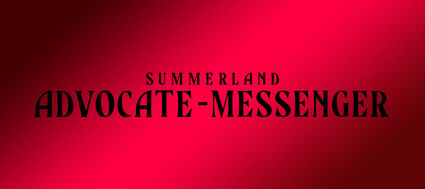-Isms
October 31, 2019
Most of us have one, that single being who keeps us grounded and offers support even when we don't deserve it.
I'm talking about man's - and woman's - best friend that is not of the canine persuasion. In a time seemingly filled with countless obligations, family demands and self-imposed craziness, we rely on friendships for a sense of stability, a key element for living a happy and fulfilling life.
Even when we reach a low point in our lives, friends provide a sounding board and offer guidance. Sometimes, it's in the quiet moments, a shared look or reassuring smile, when we realize how powerful friendship really is.
According to University of Virginia researchers, friends influence the daily challenges of life. In an experiment, researchers positioned at the bottom of a steep hill asked for student assistance in an experiment as they passed by. Each student received a backpack filled with 20% of their body weight and asked students to determine how steep a climb it would be.
Students standing next to friends estimated it was less steep than it appeared. Students who faced the hill by themselves responded it would be difficult to climb, especially with a backpack and extra weight.
Multiple studies have been conducted on friendship's impact on health.
A Swedish study of 736 middle-aged men found a correlation between friendships and lower risk of heart attack and coronary heart disease. Researchers reported not having social support was as big a risk as smoking.
A 2006 study involving approximately 3,000 nurses with breast cancer found women who did not have close friendships were four times more likely to die from breast cancer than those who had 10 or more friends.
The study, published in the Journal of Clinical Oncology, concluded socially isolated women "had an elevated risk of mortality after a diagnosis, likely because of a lack of access to care, specifically beneficial care giving from friends, relatives and adult children."
Friendships can extend your life. According to National Geographic fellow Dan Buettner, positive friendships are common in areas known as blue zones, where people live longer than average.
In Okinawa, a woman's life expectancy is 90 years, on average. Here, people develop a social network that doesn't have the drama associated with online social media platforms. Instead, they rely on their moai, five friends who provide social, emotional and logistical support. Friendships continue through thick and thin, influencing healthy behaviors.
Who comprises your moai? Which friends do you rely on for brutal honesty and unwavering support? Who fights those uphill battles with you?
In an age where many rely on friendships via social media as a means of fulfillment, it's a good reminder to live in the present and appreciate and develop friendships with those who make us better individuals.
Find your moai - love them hard.







Reader Comments(0)